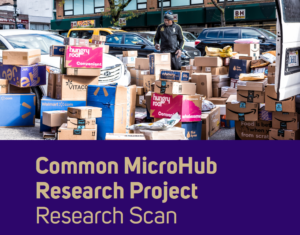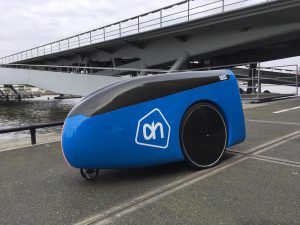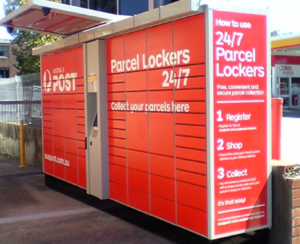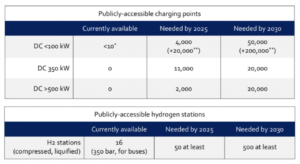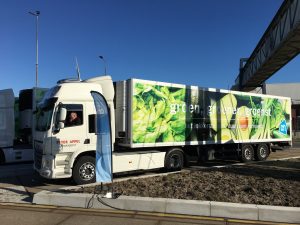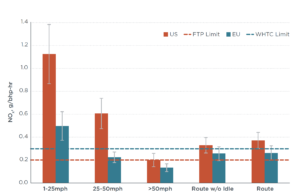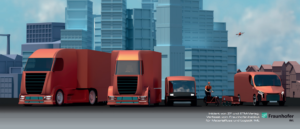A Guide for 21st Century Cities of Making
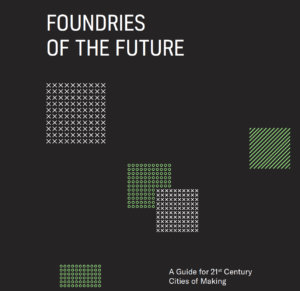
The Cities of Making project releases its book ‘Foundries of the Future: A Guide for 21st Century Cities of Making‘. The book aims to show that despite perceptions, manufacturing is not in terminal decay in western cities. On the contrary, it is at the opening of a new chapter. Urban manufacturing and logistics is helping …

